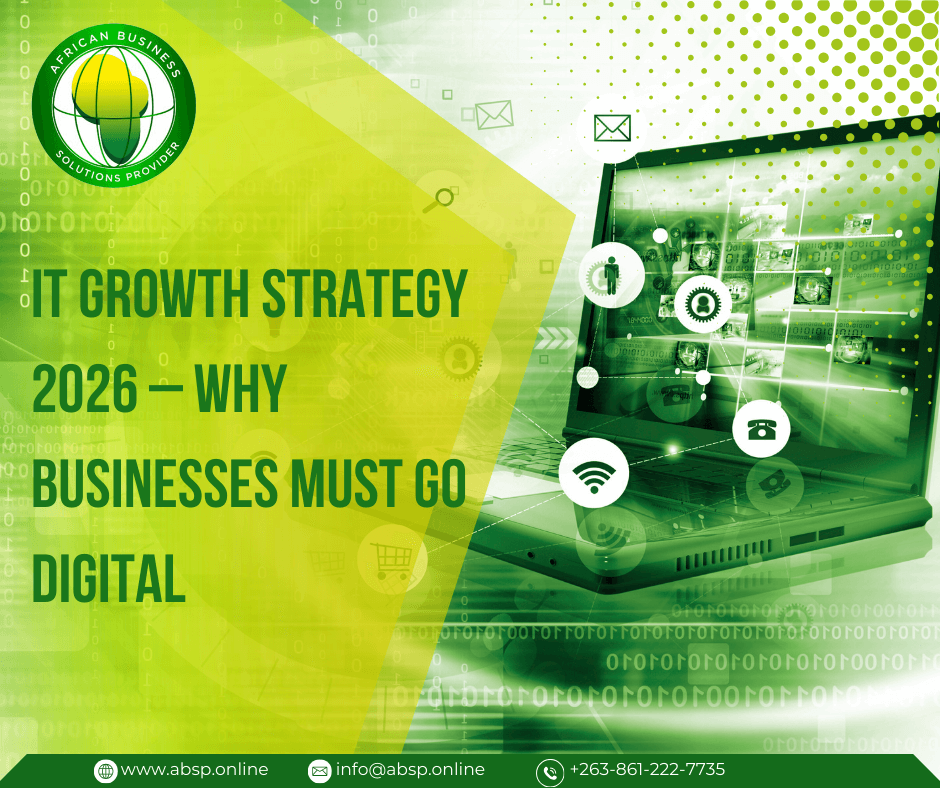Cybersecurity in 2025–Are You Prepared for the New Wave of Threats?
Introduction
Cybersecurity is no longer just about firewalls and antivirus software. In 2025, cyber threats are smarter, faster, and more deceptive than ever. The rise of AI-driven attacks, interconnected devices, and hybrid workplaces has expanded the attack surface exponentially.
The big question is: Are you ready for threats that have evolved in covertness, potency, reach, and ingenuity?
The Top Cybersecurity Threats of 2025
AI-Powered Cyberattacks
Gone are the days when hackers had to manually craft phishing emails. AI now generates tailored phishing messages, mimicking real communication styles with natural language processing, persuasive design, and irresistible call-to-actions. Even voice phishing (vishing) is escalating, as generative AI tools clone voices within seconds.
Deepfake Disinformation Campaigns
Cybercriminals manipulate public opinion and impersonate executives using deepfake technology. Imagine a fake video of a CEO giving false directives—the chaos that follows could collapse internal operations and even shake financial markets.
IoT Vulnerabilities
Smart homes, wearables, and industrial IoT devices are riddled with security gaps. With over 75 billion IoT devices online, hackers see them as prime targets for botnets and corporate espionage.
Ransomware-as-a-Service (RaaS)
Hacking starter packs and Ransomware kits are now available to amateur criminals, making attacks more frequent and widespread. Global ransomware attacks are expected to surge by 35% in 2025—no business is immune to this developing tide.
New Rules, New Responsibilities in Zimbabwe & Across Africa
Governments across Africa are cracking down on cybersecurity vulnerabilities, enforcing strict compliance laws to safeguard businesses and individuals.
🔹 Zimbabwe’s Cyber and Data Protection Act – Strengthens data security measures, privacy standards, and mandatory breach reporting requirements.
🔹 South Africa’s POPI Act – Mandates businesses to implement stricter data protection policies and face heavy penalties for non-compliance.
🔹 Nigeria’s Cybercrime Act – Focuses on financial sector protection, tackling fraud, cyber espionage, and illegal data processing.
🔹 Kenya’s Data Protection Act – Requires businesses to obtain explicit consent for data collection and imposes severe fines for breaches.
Regulatory oversight is tightening across Africa—ignoring compliance is no longer an option. Businesses must act NOW to avoid fines, lawsuits, and reputational damage.
Proactive Cyber Defence Strategies
Businesses can no longer afford a reactive cybersecurity posture. Here’s how to stay ahead:
✅ Conduct Regular Cyber Risk Assessments
Use simulations and AI-powered threat modelling to anticipate and mitigate worst-case scenarios.
✅ Invest in MDR (Managed Detection & Response) and EDR (Early Detection & Response) Technologies
Modern security systems use machine learning to identify anomalies in real time, stopping breaches before they occur and establishing contingencies in case of a data breach.
✅ Secure Your Endpoints & Cloud Services
With hybrid work environments now permanent, securing endpoints and cloud platforms with inbuilt manual and automated risk responses to emerging threats is non-negotiable.
✅ Cyber Hygiene Training for Employees
The best cybersecurity tech is useless if employees fall for phishing scams. In 2025, the most powerful cybersecurity defence isn’t software—it’s a Human Firewall. Train them well!
Conclusion – Time to Act NOW!
Cybersecurity in 2025 isn’t just an IT checklist—it’s a survival strategy.
Waiting for an attack isn’t an option. With AI-driven threats and tightening regulations, businesses must step up their defences NOW.
Whether you run a startup or a large enterprise, cybersecurity must be a boardroom conversation, not just an IT concern.
🚨 Are you prepared for the cyber threats of 2025?
🔥 Take control today! Get a FREE cybersecurity assessment of your organisation and let’s build a security-first culture with cutting-edge solutions.
#CyberSecurity #HumanFirewall #DataProtection #PhishingAwareness #RansomwareThreats #OnlineSafety #CyberThreats #AfricaCyberRegulations
Recent Posts

Companies that delay or resist digital adoption risk losing relevance, customers, and revenue.

In 2026, social media is no longer optional for businesses — it’s essential.

In 2026, having a website is no longer optional — but having a fast, modern website is what separates successful businesses from digital failures.
Comments
John Doe
January 26 2021
Lorem ipsum dolor sit amet, consectetur adipisicing elit. Architecto aspernatur cupiditate dolore laudantium magni maiore minus odit optio perspiciatis qui, rem sit unde? Aliquid dolor, eaque eligendi minus quis sequi?
John Doe
January 26 2021
Lorem ipsum dolor sit amet, consectetur adipisicing elit. Architecto aspernatur cupiditate dolore laudantium magni maiore minus odit optio perspiciatis qui, rem sit unde? Aliquid dolor, eaque eligendi minus quis sequi?